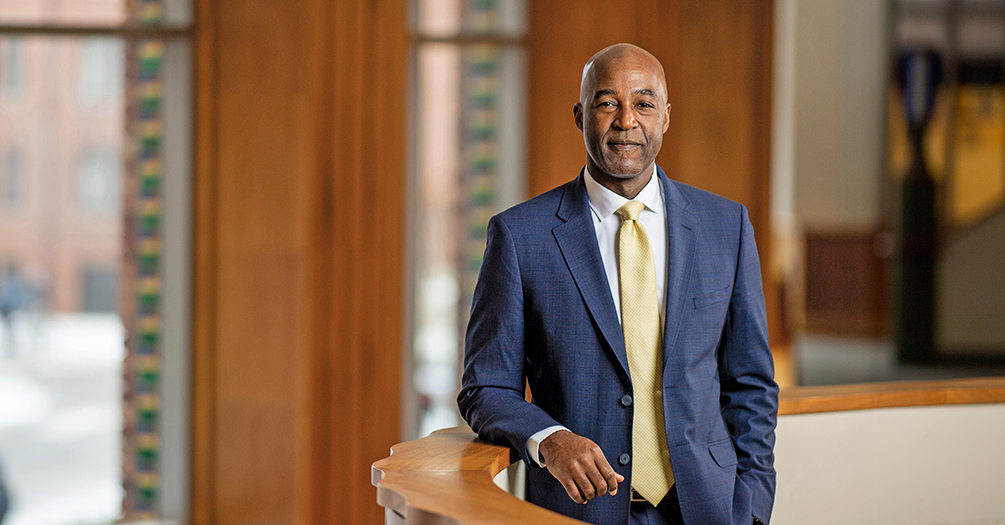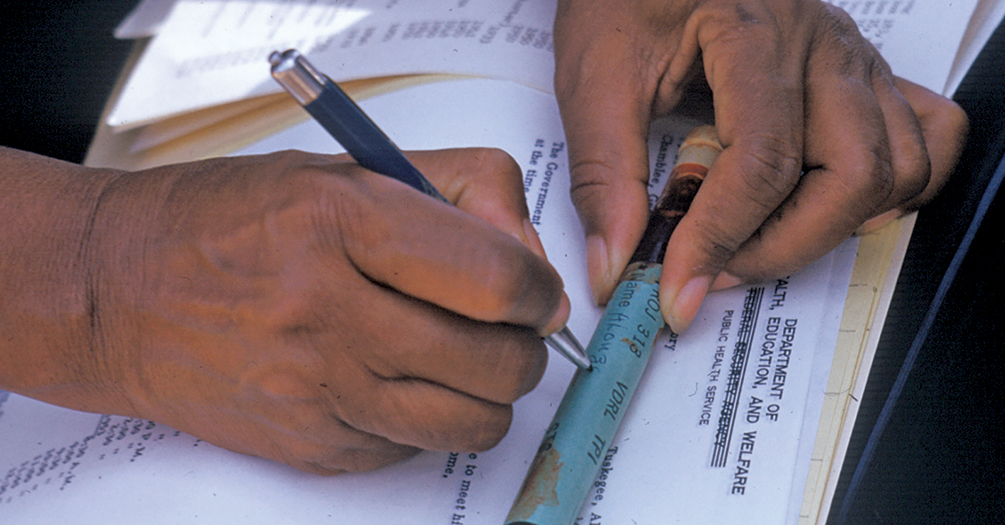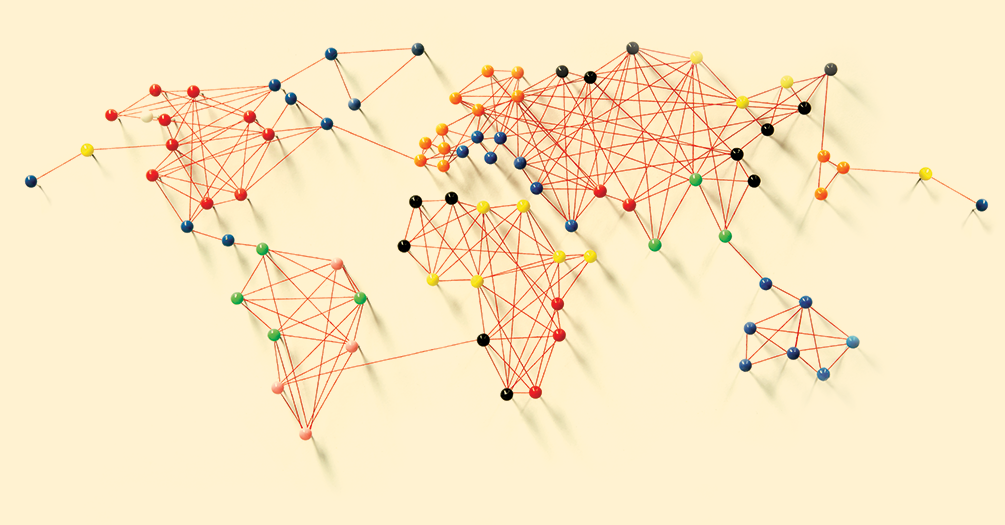
New Faculty Leaders Help Advance Diversity, Equity, and Inclusion Efforts
As the school looks to the future and to how it can sustain and enhance diversity work in our community, professors Marie O’Neill and Enrique Neblett are providing key leadership in this ongoing, constantly evolving work.





